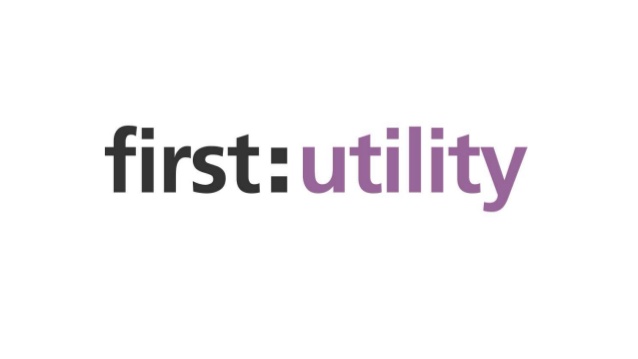Unleash the Power of Your Data with Open Source Solutions
Is your data working for you, or are you working for your data? In today's fast-paced world, enterprises are drowning in vast amounts of information. To truly thrive, you need a data management solution that's not just functional, but transformative. At Sirius, we understand this challenge and specialize in helping organizations turn data into a strategic asset.
Stop Overspending on Proprietary Systems
Are you tired of escalating licensing and support fees from proprietary vendors? You're not alone. Many organizations are realizing that "one-size-fits-all" proprietary systems often lead to vendor lock-in and unsustainable costs. It's time to break free and embrace the flexibility and cost-effectiveness of Open Source. Sirius has a proven track record of guiding businesses through this transition, maximizing value and minimizing disruption.
Discover the Right Data Approach for Your Needs
Data isn't monolithic. You have options, and at Sirius, we help you navigate them:
- Relational Databases (RDBMS): Power your web applications and enterprise systems with robust solutions like MySQL and PostgreSQL. Think seamless web publishing and enterprise-grade versatility—without the hefty price tag of Oracle. Sirius excels in implementing and optimizing these open-source RDBMS solutions.
- Cloud Databases: Leverage the scalability, reliability, and managed services of cloud providers with options like Amazon RDS, Azure SQL Database, Google Cloud SQL, and serverless database solutions. Sirius provides expert cloud migration and management services, ensuring your data is secure and accessible.
- Data Warehousing: Build robust analytical platforms with solutions like Snowflake, Amazon Redshift, and Google BigQuery for efficient data storage, retrieval, and analysis. Sirius can design and implement tailored data warehousing solutions to unlock valuable business insights.
- NoSQL Databases: Need scalability and performance without rigid structures? Explore Apache CouchDB and MongoDB for flexible data storage. Sirius has deep expertise in deploying and managing NoSQL databases for diverse applications.
- Big Data Databases: Conquer massive datasets with Apache Hadoop and Apache Cassandra, unlocking insights from internet search data, social network data, and more. Sirius helps businesses harness the power of big data with robust and scalable open-source solutions.
- Data Lakes: Store and process vast amounts of raw, unstructured, and semi-structured data with solutions like Apache Hadoop, Amazon S3, and Azure Data Lake Storage. Sirius can architect and manage your data lake to ensure data integrity and accessibility.
- Real-Time/Streaming Databases: Handle high-velocity data streams with solutions like Apache Kafka, Apache Flink, and Amazon Kinesis for real-time analytics and applications. Sirius provides the expertise to implement and manage real-time data solutions for your critical needs.
- Graph Databases: Manage and analyze complex relationships with solutions like Neo4j for applications involving social networks, recommendation engines, and knowledge graphs. Sirius offers specialized services for graph database implementation and analysis.
Why Open Source?
Open source databases offer more than just cost savings. They provide:
- Flexibility: Choose the right tool for the job, without being confined to a single vendor's ecosystem. Sirius helps you select and integrate the best open-source tools for your unique requirements.
- Scalability: Grow your data infrastructure as your business expands, without breaking the bank. Sirius ensures your open-source solutions are scalable and future-proof.
- Community Support: Benefit from a global community of developers and users, ensuring continuous improvement and innovation. Sirius actively participates in and contributes to the open-source community, bringing that expertise to you.
- Avoid Data Silos: Break down organizational barriers and ensure data consistency across departments. Sirius helps you create a unified data strategy with open-source technologies.
Seamless Database Migration
Worried about migrating to a new environment? We've got you covered. At Sirius, we'll help you understand your data, avoid conflicts, and ensure a smooth transition to a more flexible and sustainable infrastructure. Our experts handle every step of the migration process, minimizing downtime and risk.
Ready to Transform Your Data Management?
Don't let your data hold you back. Let Sirius help you unlock its full potential. Schedule a free, no-obligation discussion with our experts today. Call us at (509) 254-5005 or have us reach out to you. We're here to guide you every step of the way.
Sirius: Your Partner in Open Source Data Management
We provide all the services you need to implement a successful open source data management strategy. From initial consultation and planning to implementation, migration, and ongoing support, Sirius is your trusted partner in achieving your data goals. Learn more about how we can help you achieve your data goals.
















































